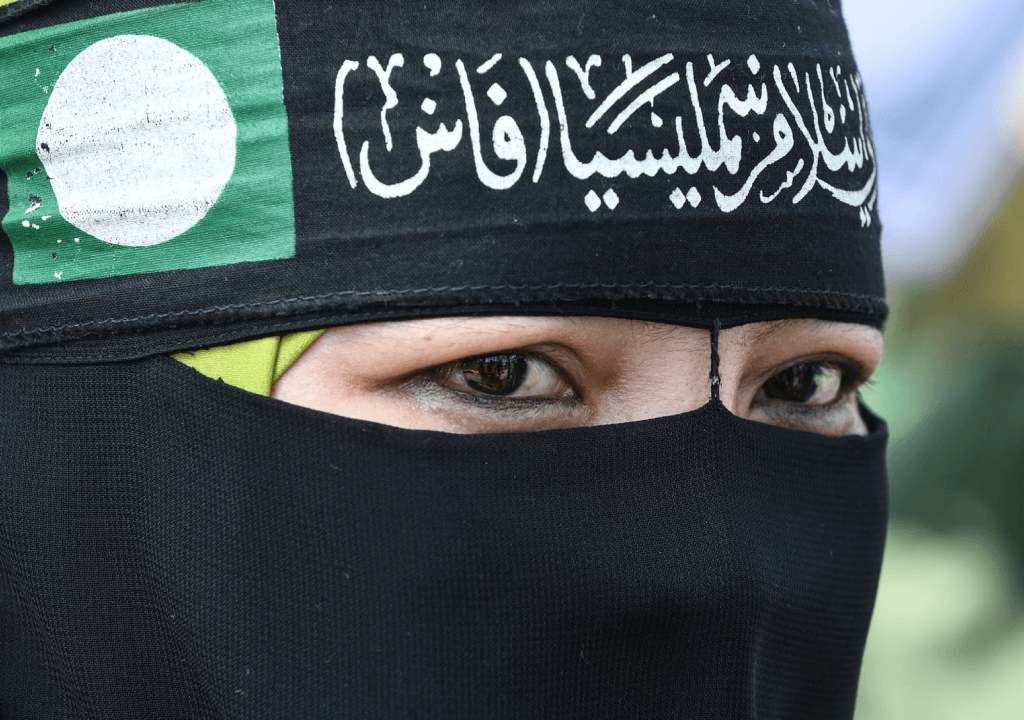Rise of Political Islam in Malaysia and Indonesia: An Analysis

Malaysia and Indonesia, both predominantly Muslim nations with secular governance, have charted unique paths in history, differing from many other Islamic countries. Their divergence traces back to colonial eras, with British and Dutch rule shaping them differently from Ottoman-controlled territories. Even after achieving independence, while they instituted specific Islamic frameworks – Indonesia even embracing Islamic Sharia in certain areas – they generally maintained a more liberal outlook compared to Arab nations. However, in recent years, there has been a noticeable rise in the influence of Islamic parties in both countries, signaling a shift from the waning of anti-colonial nationalist movements. This trend emerged prominently in Indonesia from the early 2000s and has more recently gained traction in Malaysia. Although these parties may not hold unilateral authority, they wield significant sway over the public.
The intertwining of religion and politics is becoming more pronounced in the region. Islamist politics is gaining significant traction in Malaysia, with PAS’s influence transcending its traditional support base. Especially in rural Malay areas, PAS has emerged as the favored choice for many Muslims. Strengthening its hold in the northern states and the east coast, PAS is also gaining ground in other parts of Peninsular Malaysia. This shift towards Islamist parties like PAS can be attributed, in part, to internal turmoil within UMNO, Malaysia’s oldest political party, including scandals such as the 1MDB controversy involving former Prime Minister Najib Razak. For the Malay Bumiputera community, race and religion stand as core values that have long guided PAS since its inception. There is a growing sense of concern that Malay voters are increasingly leaning towards conservatism, embracing PAS’s agenda of Islamization and advocacy for Shariah laws.
After Malaysia’s 2022 General Election, PAS emerged as arguably the most potent individual party at the federal level. It now commands 43 out of 222 seats in parliament, surpassing the influence of Prime Minister Anwar Ibrahim’s Parti Keadilan Rakyat (PKR), the multiracial-centric Democratic Action Party (DAP), and even UMNO. Historically, UMNO, a Malay nationalist party, held sway over Malaysian politics from 1957 to 2018. On the federal stage, PAS spearheads the opposition coalition PN alongside the Malay nationalist party Bersatu. In the six state elections of 2023, PAS achieved significant victories, securing 105 out of 127 contested seats. It orchestrated a clean sweep of all 32 state seats in Terengganu under the PN banner, clinching 27, while the remaining five went to Bersatu. Presently, PAS governs four states—Terengganu, Kelantan, Kedah, and Perlis – in the north, known as the Malay heartland.
Fueled by its recent political successes, the conservative party is setting its sights on forming the government in the upcoming General Election. Divisive Malaysian politics have exacerbated societal fractures. In the Malaysian context, the majority comprises the Malay Bumiputera, who are predominantly Muslim. This reality underscores PAS’s unwavering stance that leaders in Malaysian politics must be Malay-Muslims, as they represent the dominant demographic in the country. PAS remains resolute in this position.
In Indonesia, a nation more diverse than Malaysia, the mission of Islamic parties focuses heavily on fostering Islamic identity within the state. The National Awakening Party and the Progressive National Mandate Party are prominent Islamic parties in Indonesia, advocating for political Islam. And there are many small parties, They have a limited regional presence, particularly in Aceh, where Sharia law is implemented. These parties have achieved varying levels of success in terms of seats won and membership.
The prominent party, The National Awakening Party (PKB) was established in 1999 by the traditionalist Muslim community in Indonesia, with significant overlap with the membership of Nahdlatul Ulama. Described as a nationalist Muslim party, PKB promotes inclusive and nationalist principles while upholding the Pancasila doctrine. In the legislative assembly, the party holds 68 out of 580 seats, with a vote percentage of 10%.
Indonesia boasts larger Islamic territories and population, dissenting voices foresee an impending demand for Sharia law in additional regions. They perceive the recent electoral defeat of figures like Anies and Muhaimin Isakander in the presidential election as part of the ongoing Jokowi wave. These proponents argue that the current 10% representation could burgeon in the future, leading to the proliferation of Islamic politics across more regions.
In the region, Muslims are devout yet also seek prosperity. Political Islam has often relied on instilling fear, anxiety, and the perception of Islam being threatened. While fear may resonate with some of the younger generation, hope tends to be more appealing. Malaysia and Indonesia, with their unique identities among Islamic nations, have pursued more modern and secular political approaches. In contrast, Islamic Arab countries like Saudi Arabia and the UAE are gradually relaxing strict Islamic rules. Meanwhile, Islamic factions are gaining influence in the democracies of Malaysia and Indonesia. It’s clear that if these factions were to govern independently, it would likely result in a significant loss or alteration of the national identity of these states.




